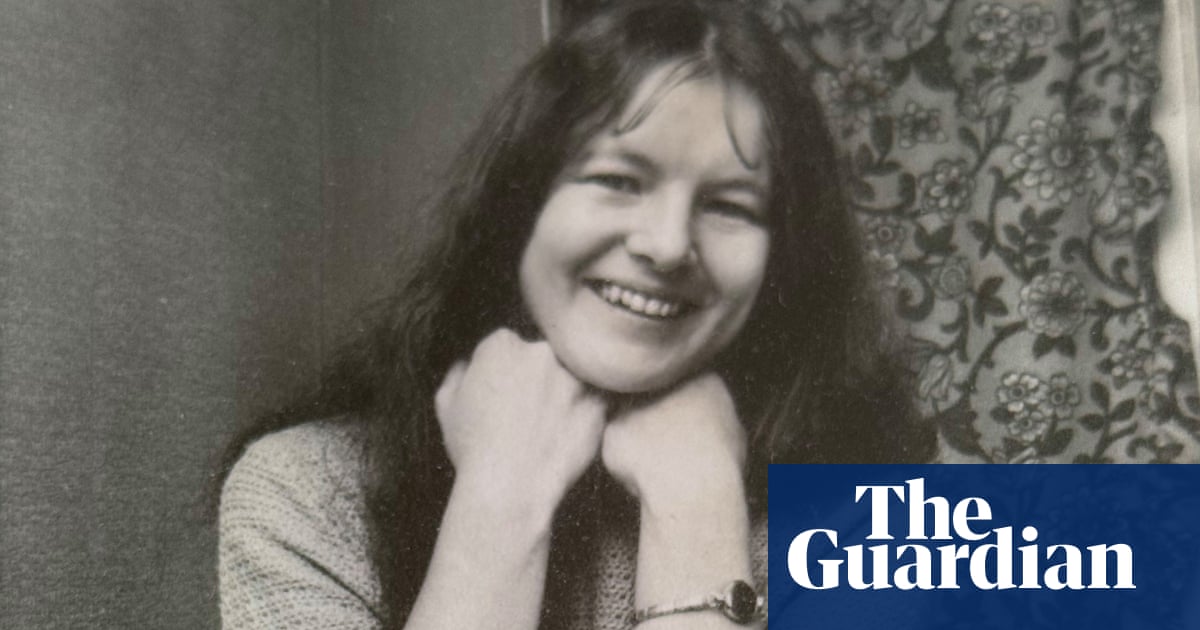My mother, Juliet Congreve, who has died aged 76, was a pioneer in library automation and later had a successful university teaching career specialising in human-computer interaction. For most of her professional life, she worked at Middlesex University.
In the early 1980s, at Middlesex, she introduced one of the first uses of email in a UK university, enabling librarians to support inter-library loans. She quickly noticed colleagues using it to share updates, ideas and build community – not just to speed up book requests. She led the transition from paper index cards to an electronic catalogue – a complex operation across six university sites and diverse disciplines, including teacher training, art, law and engineering.
Her research into subject access in online catalogues was also pioneering. At a time when most library systems were clunky and difficult to search, she developed ways to help users find what they needed, even if they did not know the exact terminology. Working with the Precis indexing system, she created a prototype that allowed users to browse related subjects – guiding them from broad topics to narrower ones and suggesting alternative terms if initial searches failed. Her work helped overcome a major barrier in early digital library systems: users often did not know the “right” word to use. Her research made systems smarter and more intuitive, and was cited internationally as an early example of user-friendly search design.
Juliet was born in Watford, Hertfordshire, where her father, Stanley Halsey, worked in the printing industry. Her mother, Phyllis (nee Beck), had worked at the De Havilland factory during the second world war until the birth of Juliet’s older brother, Michael. Juliet’s postwar childhood was shaped by life in a new council house and attending newly built schools at Lea Farm and Rickmansworth grammar school.
Although Juliet did well academically, she postponed university to help her mother care for her grandparents. She resumed her education as one of the first students of the Open University, thriving in its modern, flexible learning environment and studying modules in psychology, sociology, philosophy and art history. She worked as a librarian at Watford Technical College before joining Middlesex Polytechnic (later University) in 1978, and undertaking a master’s in library studies at University College London, gaining distinctions in every assignment.
Anticipating the impact computers would have on libraries, Juliet completed a second master’s in computer science at Hatfield Polytechnic, graduating with distinction in 1984. In the second part of her career, she flourished as a university teacher. In 1987 she was promoted to principal lecturer in applied computing at Middlesex, managing a large team and overseeing programmes with more than 1,000 students. Having been a part-time student herself for many years, she especially enjoyed teaching higher national diploma classes. Alongside teaching human-computer interaction, she drew on theories from fine art and art history to inform her research in software screen design.
Her promising academic career was cut short in 2000 by ME and caring responsibilities for her mother. After her mother’s death in 2016, Juliet pursued her passion for photography. Her work appeared in publications by the Chiltern Society and the Ramblers Association.
She is survived by my father, William Congreve, a chemist, whom she married in 1973, and me, and by her brother, Michael.

